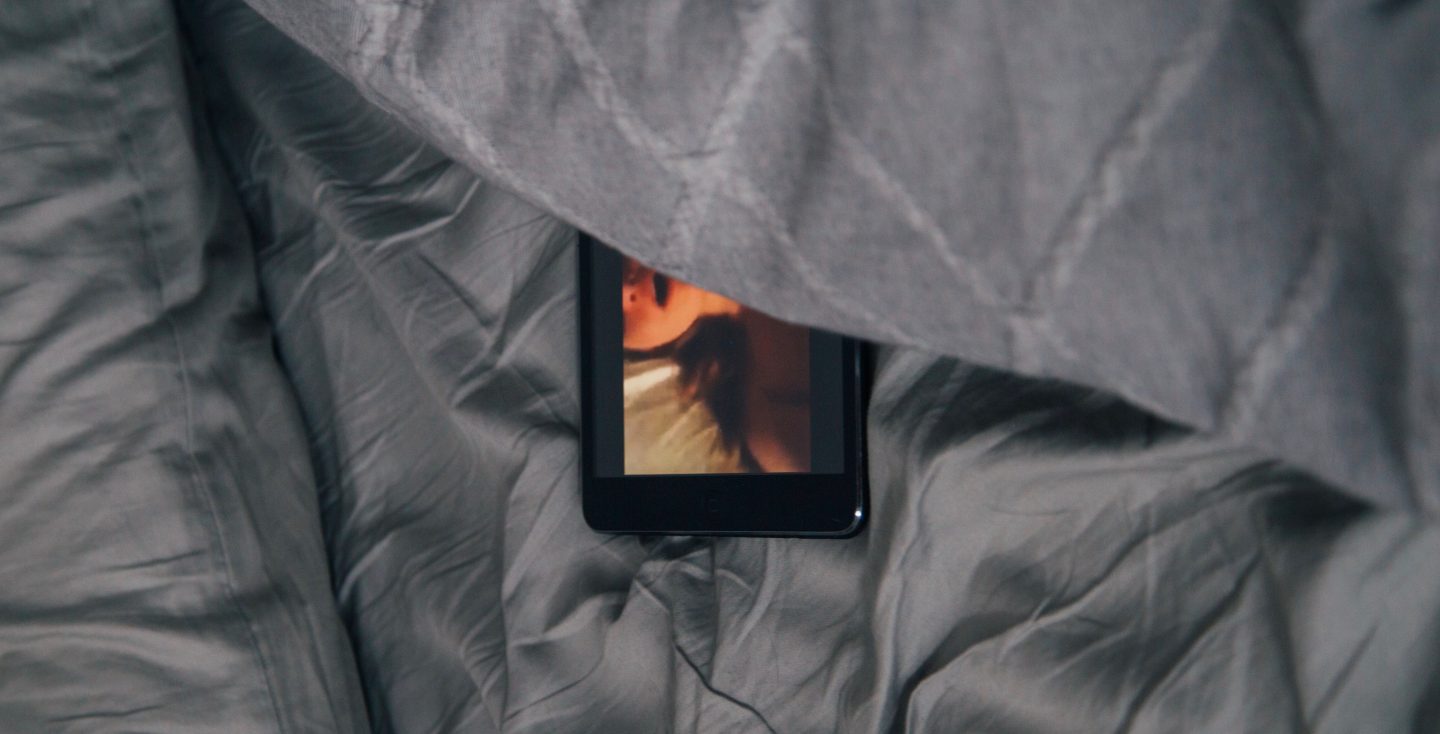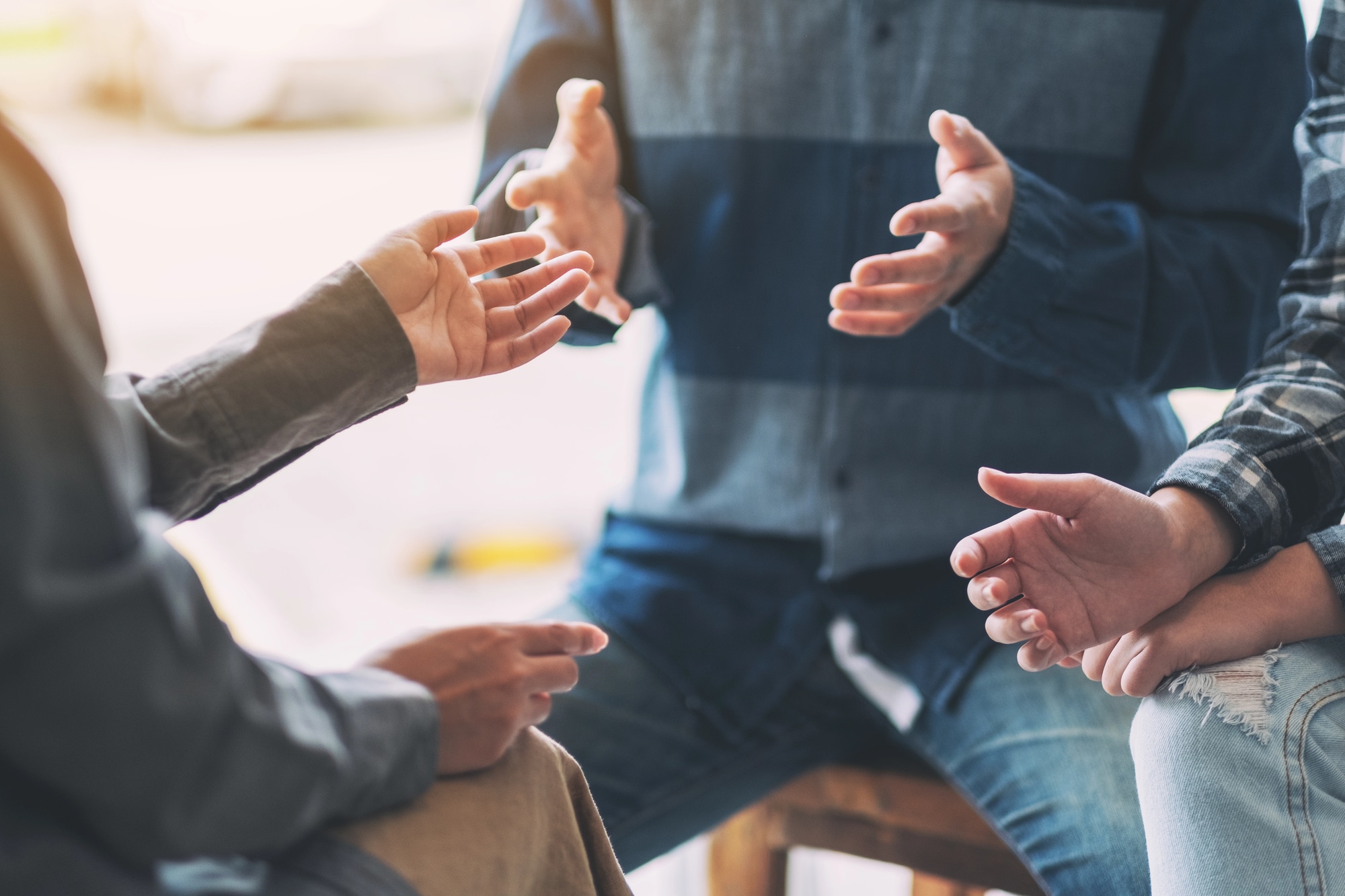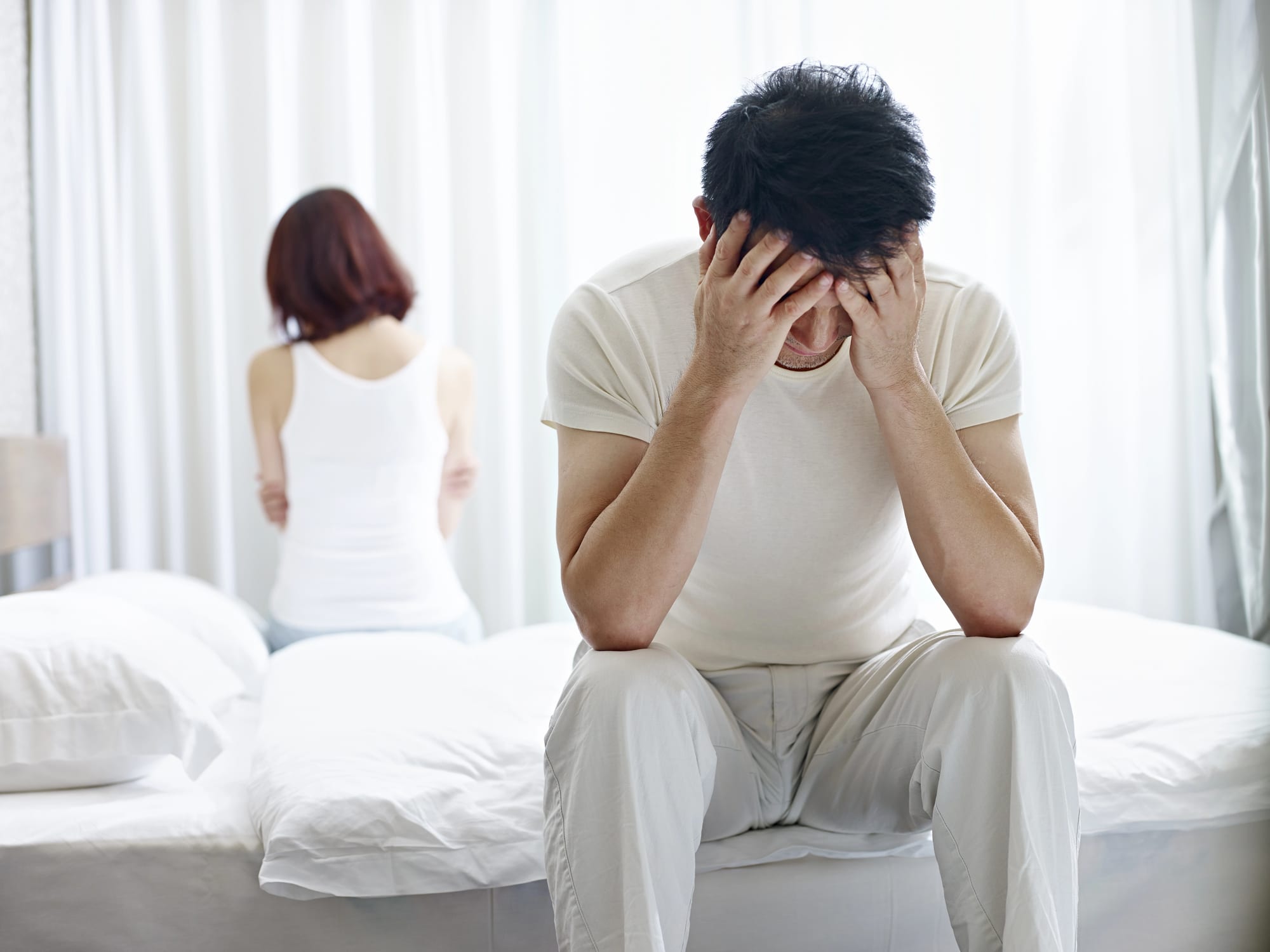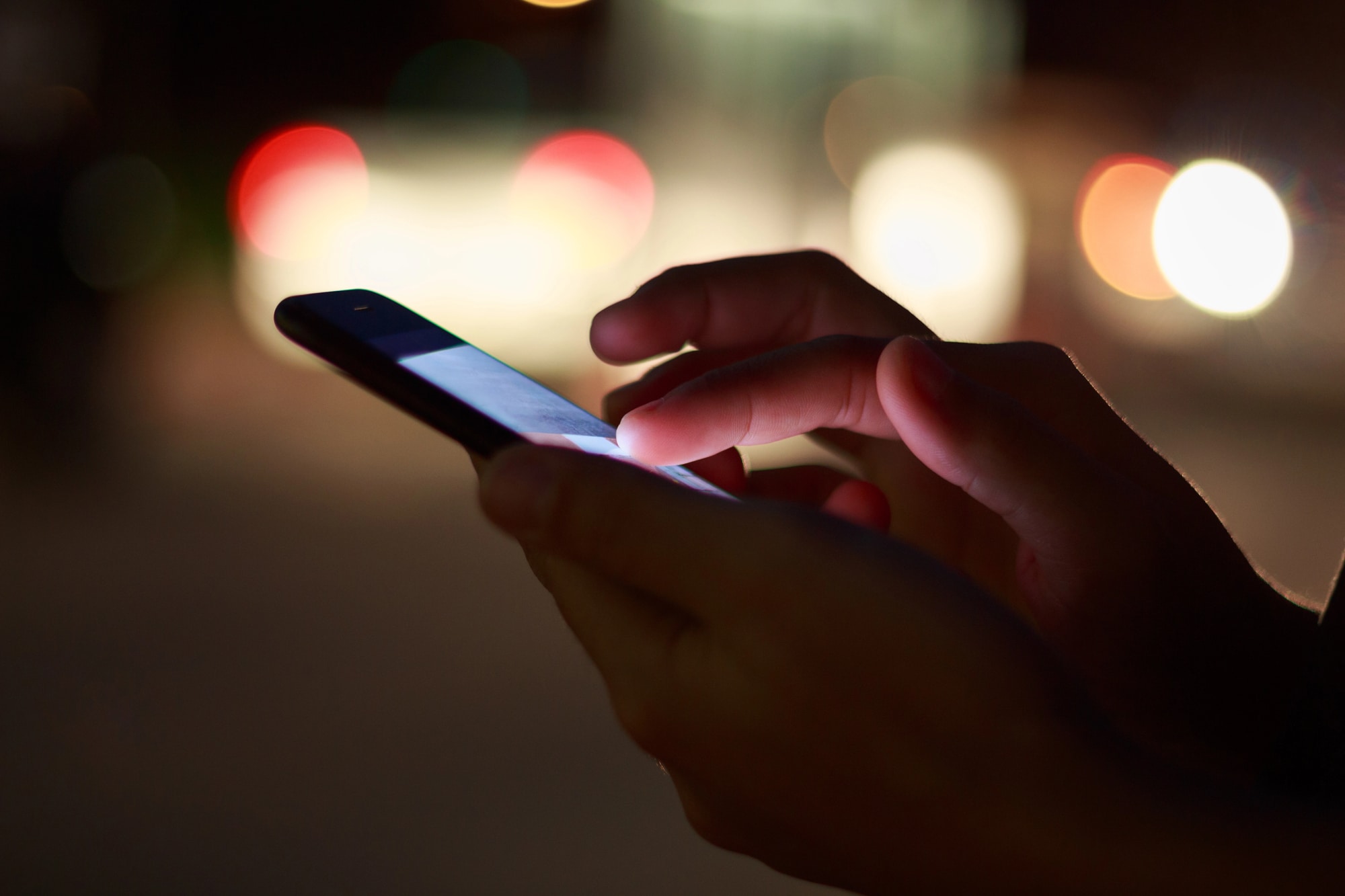One innocent swipe on the phone, years of addiction: How porn hurt this woman’s relationships
by Christine Leow // November 9, 2020, 2:33 pm

Photo by Charles Deluvio on Unsplash.
It began innocently. Sheryl* (not her real name) simply wanted to play with a mobile phone but her parents had refused to allow her one. She was about 11 then.
So, she persuaded her domestic helper to lend her the helper’s phone. It was while playing around with the device that Sheryl chanced upon some videos her helper had saved.
“I didn’t know what it was about. I didn’t know what they were doing. I just watched the videos. When I gave her back the phone, I didn’t ask her about them,” recalled Sheryl, who is now in her 20s.
“I kept thinking, ‘This is so interesting. What are these two people doing?'”
What she had viewed then were pornographic videos. But the tween, whose parents “didn’t talk about sex” to her, and who said that the sexuality education in primary school was “very sheltered”, was clueless.
“My parents just told me I couldn’t have a boyfriend. And in school, it was more ‘be careful, don’t go on one-on-one dates’, not what can happen, or the act itself.”
So, curiosity drew Sheryl back to the videos.
“After that time, I would keep borrowing her phone and going back to find the same videos.
“I kept thinking, ‘This is so interesting. What are these two people doing?’ At one point, I thought maybe this was some medical procedure.”
In time, she realised it was the sex act that she was viewing. But she told no one, not her parents, nor even her friends in school.
“It was all very secretive. I wasn’t even supposed to have a phone to use.”
From curiosity to habit
By secondary school, Sheryl realised she was hooked.
“As I continued to watch, it became something stimulating. I started to seek it out a bit more. From there, it spiralled.
“It came to a point where I had to watch something every day or I would feel like something was missing.”
Soon, watching was not enough. She progressed to masturbation as well. This lasted throughout the four years of secondary school.
“I felt it was an expression of love … it was difficult to keep the physical boundaries.”
Things got tougher in secondary three. She re-connected with a primary school classmate who happened to attend a school opposite hers. They started dating.
“Watching those videos made me feel like doing physical things. It became quite difficult because now there was someone else there as well,” said Sheryl.
Even though she grew up in a Christian family, was active in her youth group and was being mentored to lead others, she felt that “physical intimacy (before marriage) was not wrong”.
“There were all these warnings and lessons in church about sexual purity. But I also felt that (sex before marriage) wasn’t very detrimental.
“I felt it was an expression of love. So, there was a conflict there. And it was difficult to keep the physical boundaries.”
Her boyfriend then was also a Christian. But the temptation was strong. So, while the 15-year-old couple did not “do the act itself”, Sheryl admitted that “a lot of (physical) boundaries were crossed”.
Even her parents’ disapproval – “they took away my phone when they found out we were dating” – could not stop young love. They dated for well over a year.
Deep, dark secret
In junior college, she had a new boyfriend, someone from the same school. This time, the boy was not a Christian.
“Because our core beliefs were different, pushing the (physical) boundaries wasn’t an issue for him. But it was a struggle for me to say ‘no’.”
By then, sexual purity “had become a value” for Sheryl. There was a lot of guilt about her previous relationship which was made worse by her struggle, and failure, to stop watching pornography and masturbating. She had also come to realise that “there was something damaging” about watching pornography.
“I thought people would judge me. So, all the more I wanted to keep it a secret.”
Meanwhile, her internal battles played out in real life in her relationship with her boyfriend.
“He tried to push the boundary quite a lot. He would say: ‘It’s okay. We love each other, right? We’re going to get married one day, right? So, there should be no problem.
“In the end, I crossed physical boundaries even though in my mind I didn’t want to because there was also this temptation that I was very prone to. We didn’t go all the way. But other than that, we did everything else.”
Though she had a community in church, Sheryl never told anyone her struggles.
“Throughout this time, I was serving in church and co-leading a youth group. Everyone was telling my parents, ‘Your daughter is so good, serving in church and leading’.
“I didn’t want to spoil the image with this deep, dark secret. I thought people would judge me. So, all the more I wanted to keep it a secret.”
She tried to compartmentalise her worlds. For a while, it worked but there was always a conflict she could not reconcile.
“After that, it made me feel very guilty and out of place in my own world. I felt like a hypocrite.”
Ruining relationships
Meanwhile, Sheryl invited her boyfriend to church and to her cell group. He eventually became a Christian. Instead of making things better, it made things worse.
“Because even after that, he still struggled with the physical boundary issue. That made me struggle with whether he really understood his faith or if he went to church because of me.
“This struggle you have doesn’t mean you can’t go to church.”
“It became even harder to say no because we were already so far into the relationship.”
Out of ideas, Sheryl told her boyfriend to confide in someone, promising to do the same. She told her cell group leader about her addiction to porn, hoping to get some help.
“I told her everything. I was at my breaking point. I was sad, guilty and miserable with myself.”
Her cell group leader’s response made her “feel a lot better”.
“She told me, ‘Don’t worry. Your life is not ruined. God doesn’t hate you. This struggle you have doesn’t mean you can’t go to church. You don’t have to go through it alone.’”
Her cell group leader became her accountability partner. But it did not stop the addiction. “I was still watching.”
First the reason, then the recovery
Even after she broke her up with her boyfriend, “I was still struggling” with the addiction.
At the end of her first year in university, Sheryl decided to get more serious about her bid to overcome her addiction.
“I had a cell group friend. We were just talking one day when she opened up to me and talked about her struggle with porn as well. It helped to know there was someone else. She told me she was seeking counselling which was one of the reasons why I decided to seek counselling myself.”
“I felt like they thought that I wasn’t good enough.”
She found a professional counsellor who was a Christian and, using her monthly allowance to pay for the sessions, went for weekly sessions for nine months.
Her counsellor helped her understand why she was addicted in the first place. “It was linked to my childhood and my sense of validation,” said Sheryl.
A middle child with a brother just a year older than her who always did well in school, she grew up with “very high expectations from my parents”.
“In primary school, if I didn’t get 100 marks, they would ask, ‘What happened?’ If my brother scored 100 marks and I didn’t, they would ask, ‘How come he can and you can’t?’
“Even when I scored very high marks, there was still that lack of validation. I felt like they thought that I wasn’t good enough. I had to find an outlet, somewhere to make myself feel better.”
For Sheryl, physical touch was what comforted her.
“She taught me to replace that with ‘I’m doing my best’.”
“Discovering the videos and having the relationships were part of the whole package of desiring to feel validated and loved.”
Realising the addiction was a symptom of a “deeper problem” helped Sheryl identify her triggers.
“The counsellor taught me to replace ‘I’m not good enough’ with ‘I’m doing my best’ when I feel like I’m not validated. She also taught me to write down what I had achieved in the week. The idea was to give me something tangible that I could look at.
“So, when I felt like watching porn (to feel better), I could replace that with looking at what I had achieved.”
You are good enough
Beyond those practical steps, Sheryl’s counsellor also taught her how to find her validation in God.
“She told me that another step was to continue to read God’s word, to pray about how I felt that I wasn’t good enough, and to cultivate a habit of seeking Him when I felt I wasn’t good enough, because it was not true.”
“He still loves me and gives His grace freely to me.”
As Sheryl searched the Bible, one of the passages that really spoke to her was Isaiah 62:1-5.
“I was so blown away by this passage. The passage talks about God telling His people He would not be silent anymore but would come and redeem them, and how they would not be called forsaken anymore.
“When I feel so dejected and worthless or not good enough or when I feel that God doesn’t love me, there is this promise that I can cling to that we will be clean, fully and completely.”
The other passage that helped her re-shape her view of herself was Ephesians 2:1-10.
“Even though there is so much sin in our lives, He chose to save us and give His grace and raise us up in Christ. And it is not by my own effort.
“It’s not because of my struggle and sin that He doesn’t love me anymore. He still loves me and gives His grace freely to me.”
It has been three years since she went for counselling.
“There are days I still relapse and cave in. But I’ve definitely come a long way from the past when I couldn’t even go a day without watching something.
“You are not alone. Even though it feels very scary to talk about it.”
“Now, when there is a trigger or feeling that it’s coming, I know what I can do. I know where my validation comes from. There is love that He gives me and His grace that lets me know that I am enough.”
Sheryl is now engaged to be married and her fiancé knows all about her past.
“I told him right from the start. I decided that I had to tell him early on so that if he wanted to leave me, he could. It was very difficult for me but he was very gracious about it. He said he loved me despite, not because of, what I did or didn’t do.”
To those still in the grip of porn addiction, Sheryl said: “You are not alone. Even though it feels very scary to talk about it, there are really people who can walk with you without your having to fear judgement. You just have to find the right person.”
Why addiction to pornography is so insidious: A counsellor shares the challenges
“I believed the lie that I could beat it on my own”: Former porn addict now runs support group
Why addiction to pornography is so insidious: A counsellor shares the challenges
We are an independent, non-profit organisation that relies on the generosity of our readers, such as yourself, to continue serving the kingdom. Every dollar donated goes directly back into our editorial coverage.
Would you consider partnering with us in our kingdom work by supporting us financially, either as a one-off donation, or a recurring pledge?
Support Salt&Light


